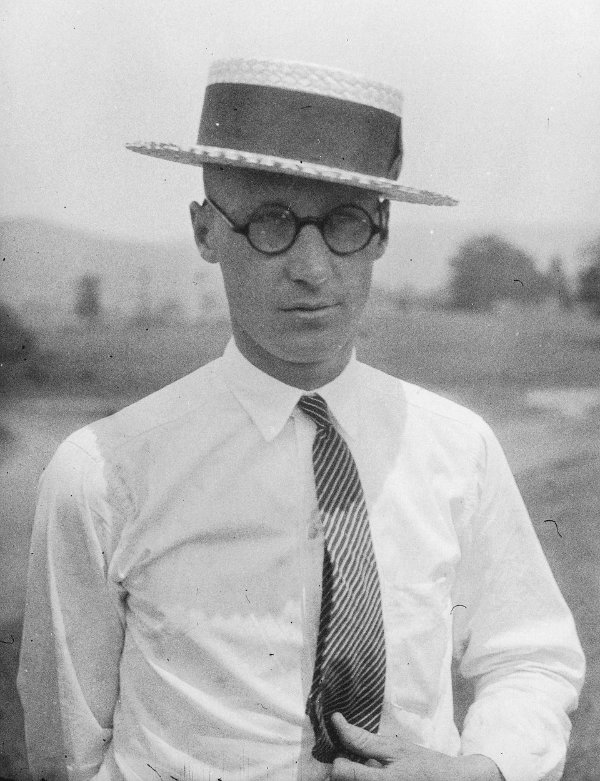Retraction of Biblical Literalist Paper on Destruction of Sodom by Comet Infuriates Coauthors

Mark Boslough is a Research Associate Professor at the University of New Mexico, where he is funded by NASA to model impacts on Jupiter, asteroid deflection methods, and cosmic airbursts in Earth’s atmosphere. He has spent much of his career seeking validation or “ground truth” for his airburst models. He has participated in expeditions around the world to airburst locations including the glass-forming event in the Libyan Desert of Egypt, the 1908 Tunguska explosion, and the 2013 Chelyabinsk event. He received his PhD in Applied Physics (with studies in Geophysics) from Caltech in 1983, where he specialized in hypervelocity impact experiments. He has worked at all three DOE national laboratories, first as a student at Lawrence Livermore National Laboratory performing shock temperature measurements, then at Sandia where he pioneered the use of hydrocodes to model cosmic airbursts for planetary risk assessment, and finally at Los Alamos where he continues his efforts to understand the physics of airbursts and quantify their contribution to impact risk.
On Sept. 20, 2021, I received an email from a colleague and impact expert who wrote, “I suspect you've seen the recent Nature paper about the airburst in the Jordan Valley. I wonder if we could talk about it?” It was the paper, “A Tunguska sized airburst destroyed Tall el‑Hammam a Middle Bronze Age city in the Jordan Valley near the Dead Sea,” by Bunch et al., and the so-called Comet Research Group (CRG). It was actually published by Nature Scientific Reports, which is not Nature.
Many others were also tricked by the nature.com domain, and this confusion was exploited by one of the paper’s coauthors, George Howard, the group’s blogger and cofounder of the CRG that cosponsored the work. He tweeted that day, “This week's Monday night post is on today's Nature pub on our discovery of Sodom. Future posts on Gomorrah. And the Ark. Click the top right hamburger at the Cosmic Tusk and subscribe now for future Revelations, now that we're done with Genesis lol.”
He left ambiguous which “Nature pub” he was referencing, but he didn’t keep his readers guessing about the subject matter. To the authors who were promoting the paper, it was all about the biblical city of Sodom. As a political science major, wealthy businessman, and former GOP senate staffer, it was never clear what scientific contributions Howard had made to the CRG, other than blogging and promotion, that had qualified him to be a regular coauthor of their papers since 2007.
But this paper was different.



